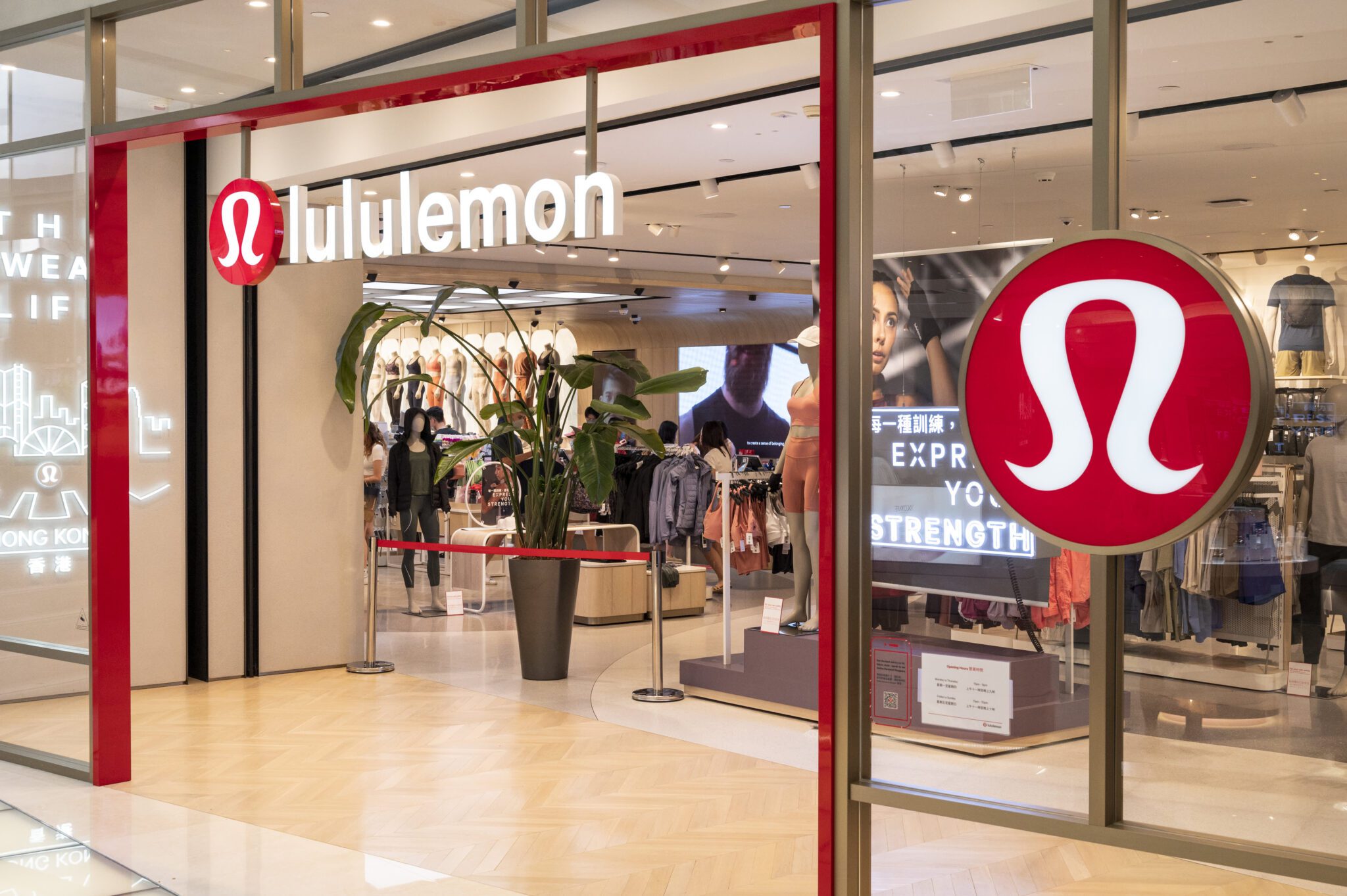From Yoga Pants to Global Powerhouse
Lululemon began in 1998 as a small yoga apparel brand in Vancouver. Today it is a global powerhouse worth over $45 billion. The brand has achieved what most companies dream of: a cult-like following where customers proudly wear the logo, pay premium prices, and evangelize to friends.
What makes Lululemon different from traditional sportswear brands is that it does not just sell leggings. It sells a lifestyle, an identity, and a sense of belonging. That is the real secret sauce.

The Premium Branding Strategy
Lululemon rarely discounts heavily, unlike many retailers. By keeping prices high, it reinforces exclusivity and premium value. Customers believe they are buying something better, not just something more expensive.
According to retail analysts, this pricing psychology is central to its appeal. The logo itself has become a subtle status symbol in fitness culture.
Lesson: Premium pricing signals premium experience.

Community Over Customers
Lululemon was one of the first retailers to make stores into community hubs. Free yoga classes, local ambassador programs, and fitness events gave customers a sense of belonging.
This approach transformed shoppers into brand advocates. A sense of shared lifestyle made the brand less about apparel and more about identity.
Lesson: Community creates loyalty deeper than discounts.

Influencers Before Instagram
Long before influencer marketing was mainstream, Lululemon tapped local fitness instructors and yoga teachers as ambassadors. Instead of paying celebrities, they empowered everyday leaders in wellness communities to represent the brand.
This grassroots approach built authentic trust and credibility. Customers connected more with their local yoga instructor than a famous athlete on TV.
Lesson: Authentic influence outperforms celebrity endorsements.

The Lifestyle Playbook
Lululemon positioned itself not just as athletic wear but as lifestyle wear. Its clothing transitions seamlessly from yoga class to brunch to office casual. This versatility has become central to the brand’s identity.
By marketing to the “athleisure” lifestyle, Lululemon expanded far beyond yoga enthusiasts into mainstream fashion culture.
Lesson: Sell a lifestyle, not just a product.

Customer Experience as Marketing
Lululemon invests heavily in store experiences. Associates are trained as “educators,” not salespeople, creating a consultative and personalized experience.
This level of service builds trust and repeat business. As one retail consultant noted, “For Lululemon, the store is not a shop. It is a stage.”
Lesson: Experience is the most powerful marketing channel.

Conclusion: The Power of Belonging in Business
The secret sauce behind Lululemon’s cult following is not only premium products but a deep understanding of human psychology. By combining exclusivity, authentic community, and lifestyle branding, the company created customers who are emotionally invested in more than clothing.
For entrepreneurs, the blueprint is clear: create a product that delivers status, community, and lifestyle. People want more than things they want meaning.
The brands that win in the future will be those that sell identity, not just apparel.
FAQs
1. Why is Lululemon so popular?
Because it sells more than apparel. It sells lifestyle, community, and identity.
2. Does Lululemon advertise heavily?
Not in traditional ways. The brand relies more on community events, ambassadors, and word-of-mouth.
3. Is Lululemon more expensive than competitors?
Yes, but its pricing reinforces exclusivity and premium perception.
4. How did Lululemon build loyalty so fast?
Through local ambassadors, store events, and authentic community-building.
5. Can smaller businesses copy Lululemon’s model?
Yes, by focusing on authentic communities, premium experiences, and lifestyle-driven branding.






